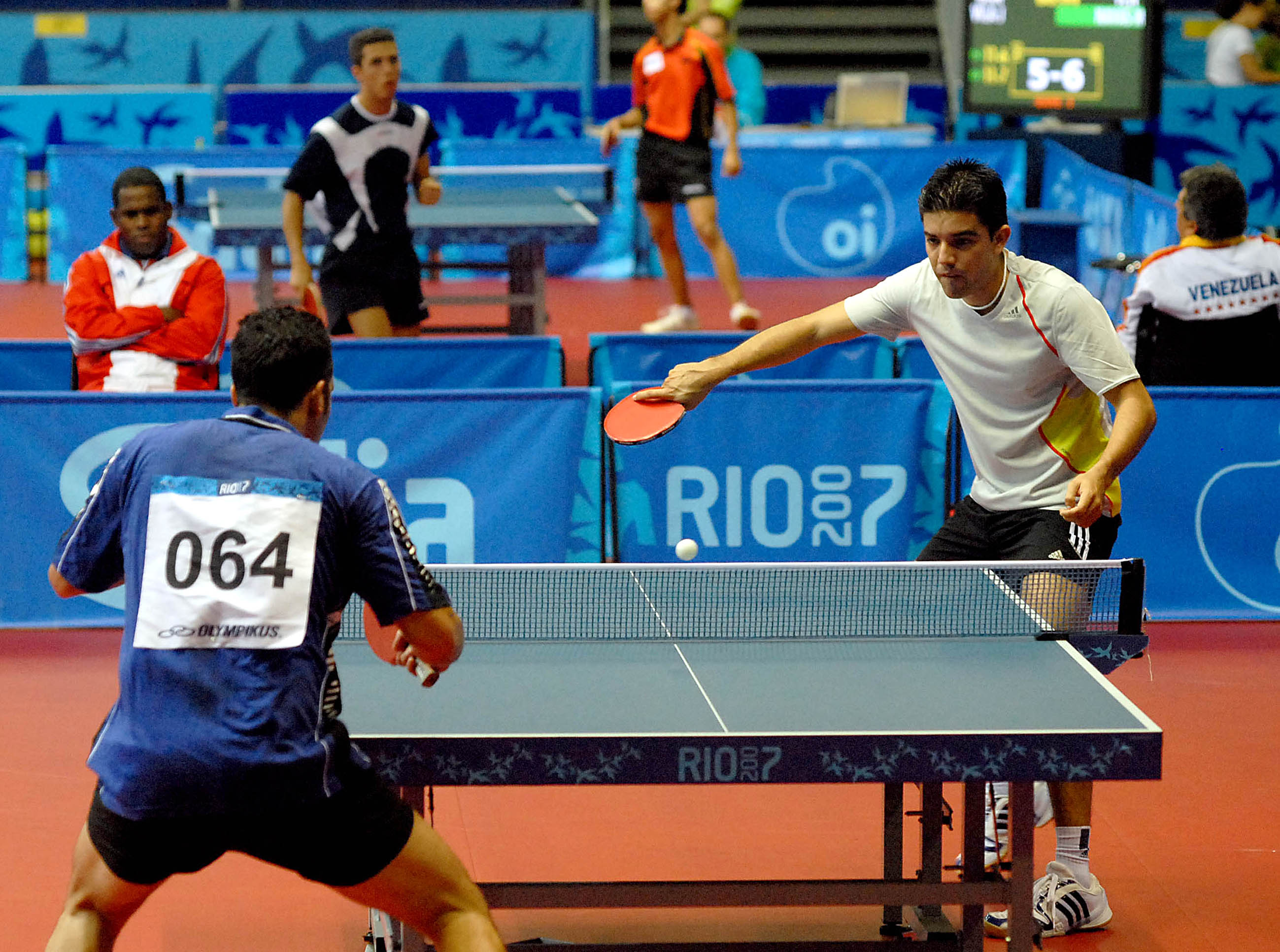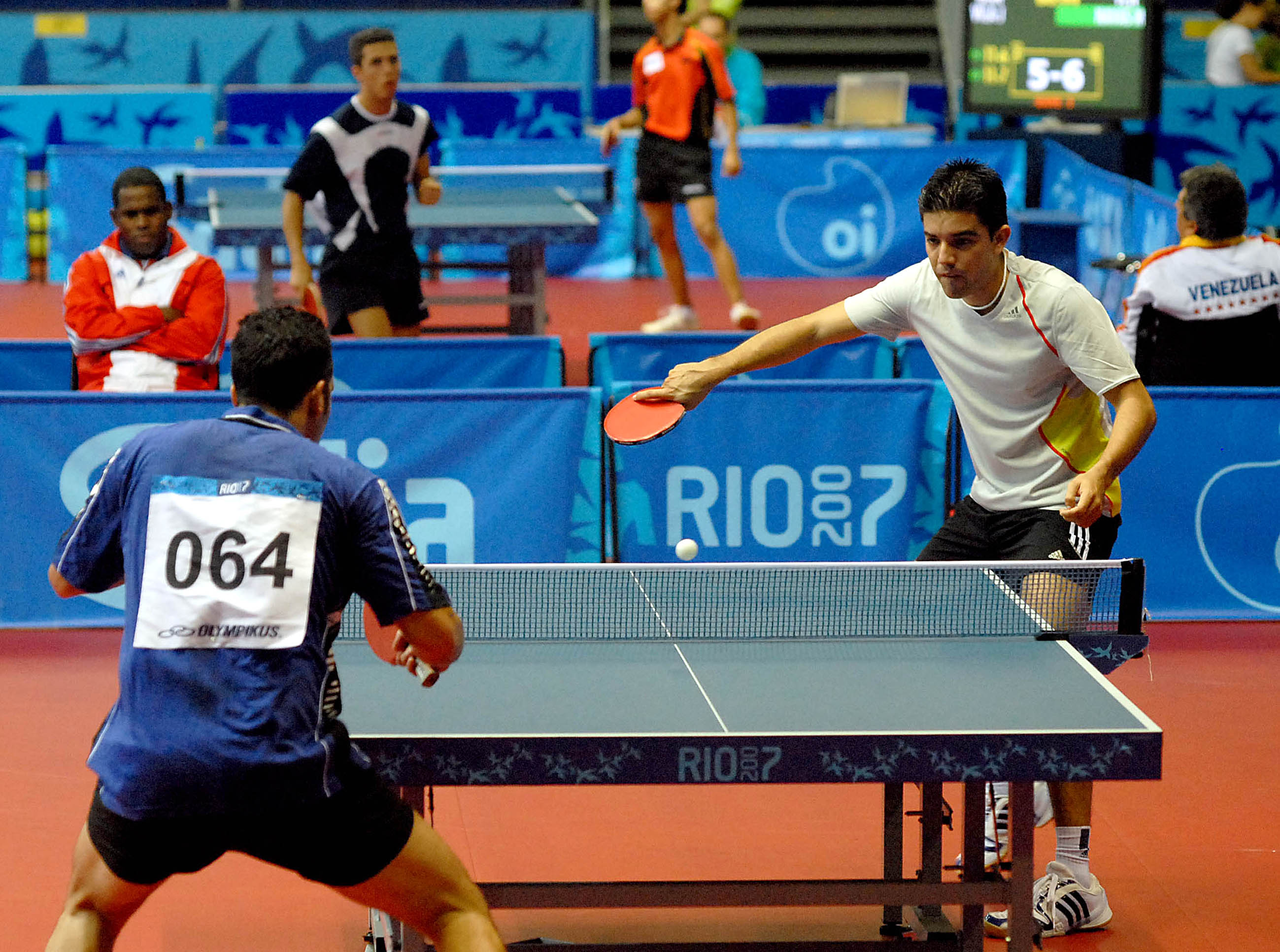John A G Smith
12 Jul 2016
Learn Facilitation Skills not B A Ping Pong!
Facilitation is a skill crucial in guiding a meeting to make a decision or think of a solution without providing it. Our writer John A G Smith uses his experience to explain why learning Facilitation Skills is so much better than 'B.A. Ping Pong'?!
The Rules of B. A. Ping Pong
It’s a game that every Business Analyst has played. Many do not even have a name for it and, of those that do, it’s usually unrepeatable in polite company. I call it ‘B. A. Ping Pong’ … although maybe that should be ‘wiff waff’?

Image courtesy of Wikimedia
The rules are very simple and any Business Analyst can play. Here’s how it works:
Preparation
The project must have got under way (or, at least, the Feasibility Study).
Some sort of plan must be in place. This is essential, but don’t worry about the accuracy of the plan because it will be totally ignored from this point on.
Project staff should be in place.
Some Subject Matter Experts (SMEs) must have been identified. Don’t worry if you have not got them all because more will flood in as the project scope grows like an amoeba. The interview schedule should be in place and accepted by users – most of whom will immediately become unavailable at the appointed time.
You are to take the role of the Business Analyst.
The play
1. At the time appointed, or at some point thereafter when you are finally able to nail down the interviewee, you will carry out the first interview, usually scheduled for about an hour. If you are lucky this will go well. A cooperative manager will give you an overview of the business area under investigation, stakeholders involved, key problems and even – almost certainly – how they should be cured. (Please note, these solutions will almost certainly have little basis in fact and may even be totally impractical).
2. Now move on to the second interview. Also about one hour in duration, it should be for the purpose of extracting more detailed information about the area of investigation. If your SME runs true to form, however, he or she will spend the first half of the allotted time explaining how the first interviewee does not understand anything about the system, the problems are not what you were told and the suggested solutions have little basis in fact and may even be totally impractical … but you knew that already.
3. Return to the first SME and re-interview in order to iron out inconsistencies. Of course, being a fairly senior manager they will give you the full benefit of years of expertise by confirming that they were right and your second SME knows nothing about the business and should not be trusted.
4. Repeat steps 2 and 3 until you have resolved, as much as possible, the inconsistencies between the two.
5. Move on to the third SME. Collect a totally new viewpoint, which should – if they are playing the game correctly – be completely at odds with everything you have understood to date.
6. Go back to step 2 and repeat, from time to time adding more and more SMEs until you lose the will to live.
B. A. Ping Pong is a great game and can be played on any project at any time.
But seriously …

'Sheer Frustration' by Marc Dalmulder
There must be a better way.
In the 1970s a man called Dan Gielan invented a method where developers and SMEs were effectively locked in a room together and told they couldn’t come out until they had designed a system. The results were mixed but, after further modification by IBM (who christened it ‘JAD’ – Joint Application Development) it was seen to be highly successful. Applying various communication techniques to the method ultimately produced ‘Facilitated Workshops’ which formed one of the key elements of such agile methods as DSDM and SCRUM.
Facilitated Workshops
Facilitated Workshops move the onus of control from the analyst to the ‘owners’ of the process under investigation. For instance, in the scenario above, the two – or more – SMEs who disagree so vehemently on the details of the system will now be able to discuss their viewpoint face-to-face and work out differences in a controlled environment. Often it is sufficient for one user to explain his or her problems to another in order to reach a compromise solution that will satisfy both parties.
This approach also gives another advantage: instead of having to be ‘an expert’ on the business area subject to the change, the analyst just needs to be an expert on the techniques used in Facilitation.
A good Facilitated Workshop will cover many aspects of system development, not just information gathering. It can resolve conflict: where various stakeholders have widely differing requirements. It can assist development of solutions. But, probably most importantly, because the participants feel the solution is their own, it generates and instils commitment and ‘ownership’ in stakeholders for any proposed change. And that is something that cannot be measured in money but will affect the whole development process.
The Facilitator
As a facilitator: accredited by both the International Association of Facilitators and the Global Facilitation Network and from extensive personal experience I maintain that well run Facilitated Workshops can be better than five times more productive than any other information gathering technique.
But the term ‘Facilitator’ is very deliberately chosen. The facilitator steers, guides and persuades. They do not order, command, manage or direct. Their role is to ensure that all involved in the workshop participate, contribute and buy in. So the good facilitator becomes almost invisible to the process.
Despite having invested many hours arranging and preparing the workshop and watched it produce a stunningly successful outcome, the facilitator must be prepared for comments from participants along the lines of, “Well that was great: really productive and we resolved all our issues … but I don’t know what that guy up the front was for.”
The day you hear that you know you’ve done the job as well as it is possible to do it.
Attend one of our 2 days Facilitation training courses and learn to become a good Facilitator and stop the games of B.A. Ping Pong!
